#Real-worldTesting
Researcher Claims Real-World Economy and Lab Testing Are Miles Apart
One of my guiltiest of pleasures is telling anyone trapped with me in a confined space for more than thirty seconds that practical fuel economy hasn’t improved in a meaningful way since 2014. While the EPA has raised corporate economy estimates, consumer spending has skewed toward larger and less economical models — invalidating the technological gains made in a vehicular catch-22.
However, some researchers have also begun calling the technologies focused on cutting emissions and saving fuel into question. We already know that lab tests can be gamed through clever engineering. But we don’t drive vehicles on a rolling road and the differences between the lab and the street are immense. Emissions Analytics, an independent company based in the United Kingdom, has tested more than 500 vehicles in the United States since 2013 and believes a change in testing venue can make all the difference.
The firm conducts real-world analyses under normal on-road driving conditions using portable testing gear. Its says its goal is to suss out which trends in the automotive space actually have a meaningful impact on economy — and which are bunk.
T&E: European Test Cycle 'Not Fit For Purpose'
The European test cycle for fuel economy and emissions may need to be taken out back, based on findings by policy group Transport and Environment.
Report: Mercedes-Benz Biggest Manipulator Of Euro Fuel-Efficiency Test Results
The oft-maligned European fuel-efficiency testing cycle have produced a few manipulators, per green lobby group Transport & Environment, with Mercedes-Benz as the biggest offender.
EPA In "Consideration Phase" Of Real-World Fuel Economy Testing
As reported earlier, the Environmental Protection Agency is planning to put automakers through real-world testing of their MPG claims. However, the agency is asking this be done on the track instead of the highway.
EPA Mandates Real-World Testing For All Automakers
In light of re-estimated mileage per gallon claims by Ford, Hyundai and Kia, the Environmental Protection Agency seeks to prove the claims of all automakers through real-world testings.
European Automakers Face Challenge From New Emissions, Fuel Economy Tests
Already facing financial challenges under a weak home economy, European automakers may soon have a new challenge to add to the list when the European Union adopts a more accurate method of testing CO2 emissions and fuel economy among their lineups, with EVs becoming the biggest beneficiaries as a result.
Google's Autonmous Vehicle Project Readies For Next Step
Google’s autonomous vehicle research has come far over the five years since the Silicon Valley giant started down the road. Though more is yet be accomplished before the future comes, Google is ready to move forward with the next phase of its research work: jumping from test units into the real world.
Mitsubishi Publishing Real-World MPG Sign Of Openness With Customers
In a sign of openness toward its customers, Mitsubishi will begin publishing real-world MPG figures for their entire lineup, beginning with the Outlander PHEV.
Quote Of The Day: The Politics Of Limitless Speed Edition
Deutsche Straßen sind nicht der Nürburgring.
But there I go, quoting German Minister of Transportation Peter Ramsauer out of context, and in the original. Herr Ramsauer’s rebuke comes on news of a late-night crash involving a future Mercedes ML Class prototype, that resulted in the death of a 26-year old man over the weekend. The crash took place on a stretch of non-speed-limited autobahn between Singen and Stuttgart, favored by Mercedes and Porsche for high-speed testing. Apparently the victim had been involved in a minor accident and was trying to exit his vehicle (stalled in the left lane, according to Der Spiegel) when the Mercedes test mule slammed into his car, killing him instantly. The 52-year old test driver is under investigation for negligent homicide.
The Problem With Start-Stop Systems
For an industry under ever-increasing pressure from government emissions standards, start-stop technology (which shuts off engines under idling conditions) seems like an easy route to improved fuel efficiency. Cheaper and less complicated than a true hybrid system, a number of automakers from BMW to Kia are proliferating start-stop technology across their product lines without hybrid-like price premium. Since this technology represents a relatively easy, incremental efficiency upgrade, we’ve wondered why it hasn’t been made available stateside, where hybrids are making up a growing proportion of sales. Detroit’s executives seem to think it’s a good idea, and Mazda has even gone so far as to complain that EPA test results refusing to show the Japanese test-cycle’s 7-9 percent improvement is the main factor preventing it from bringing more stop-start equipped vehicles to the US. But there’s another issue preventing stop-start from becoming standard issue industry-wide, and it’s actually remarkably obvious.




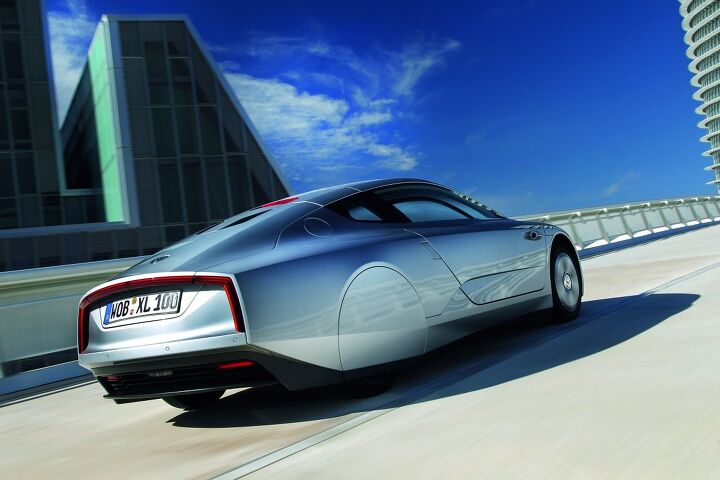
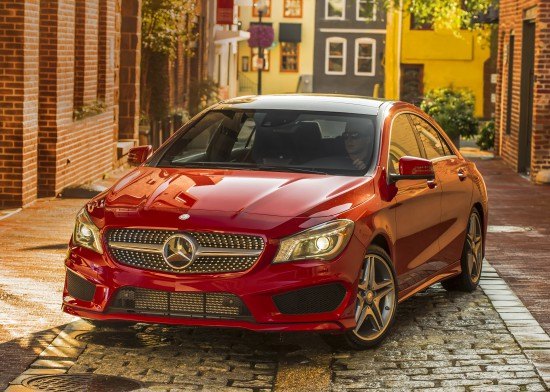


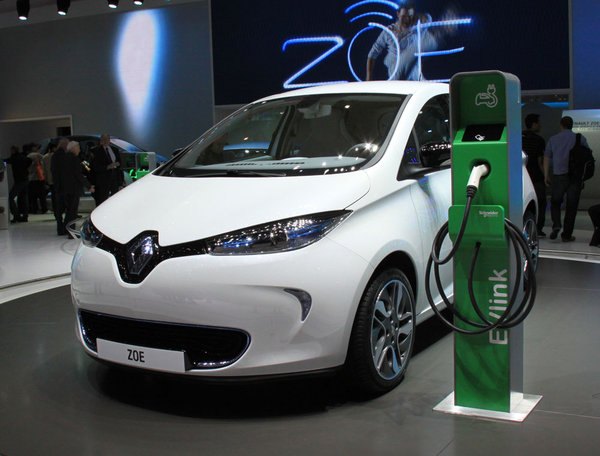
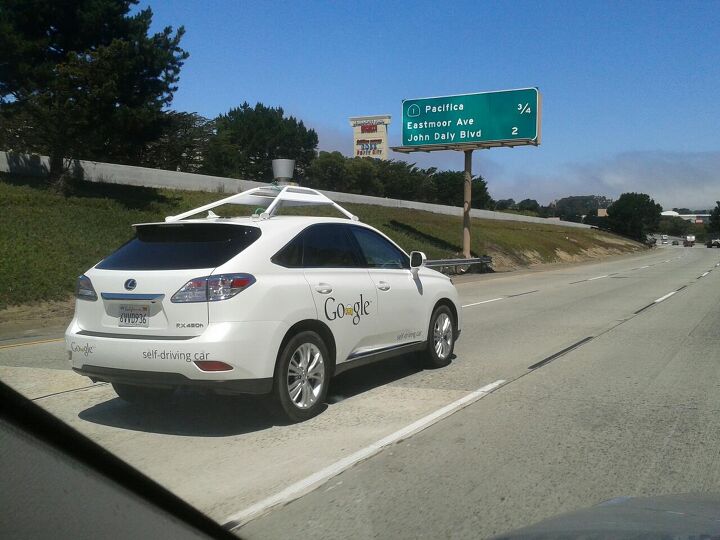

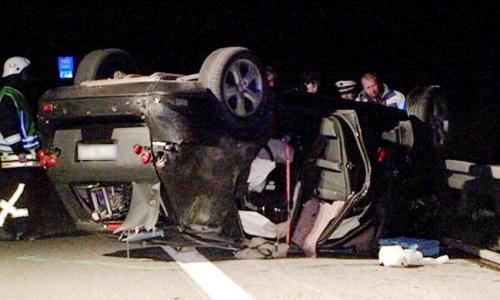
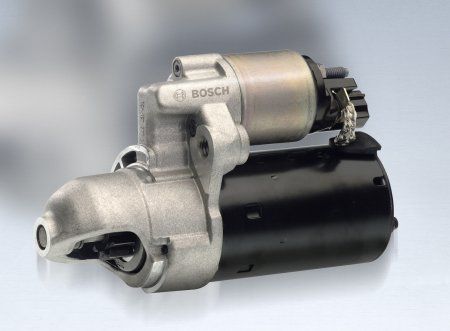












Recent Comments